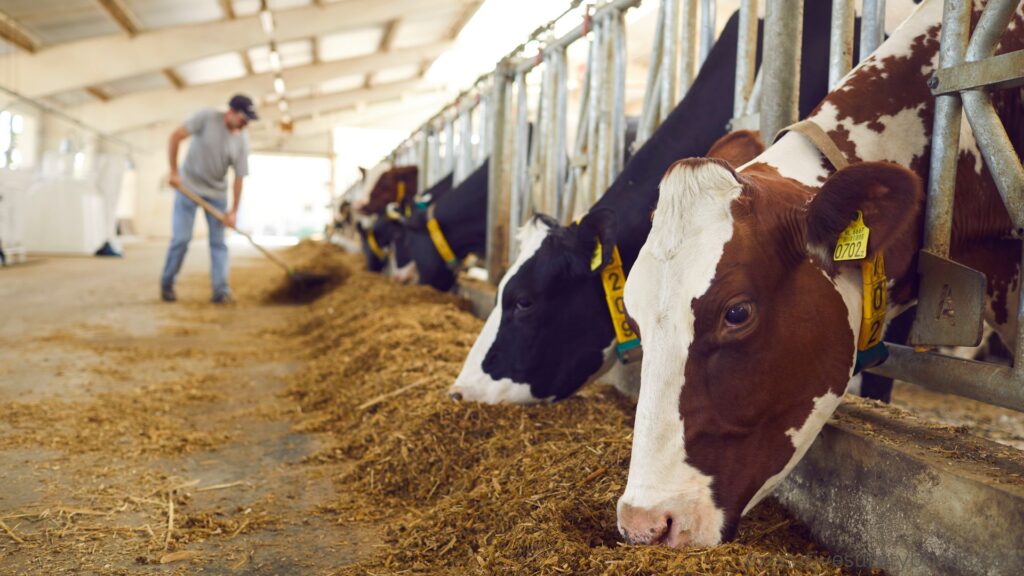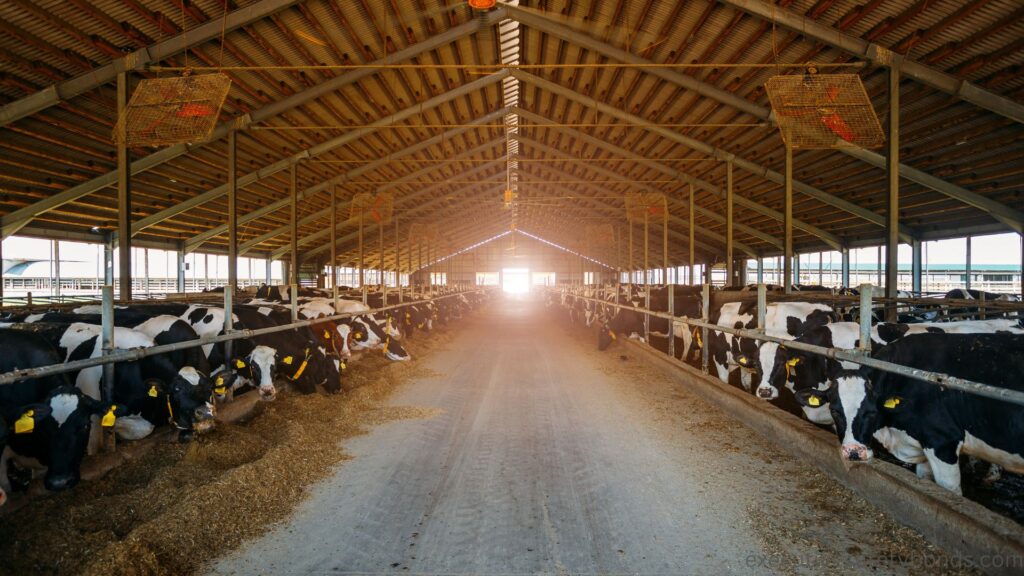Get An Instant Quote on Oregon – Livestock Auction Market Bond Now
Introduction to Oregon – Livestock Auction Market Bond
Oregon, often celebrated for its stunning landscapes and vibrant cities, is also a state deeply rooted in agriculture. With its fertile soils and temperate climate, it has become a hub for livestock farming. To ensure the stability and integrity of the livestock industry in Oregon, the Livestock Auction Market Bond plays a pivotal role. In this article, we will delve into the significance of this bond, exploring its purpose, benefits, and the regulatory framework surrounding it.
Understanding the Livestock Auction Market Bond
Livestock auctions are crucial for farmers and ranchers in Oregon. These auctions serve as the primary means of selling and buying livestock, including cattle, sheep, and other animals. The Livestock Auction Market Bond is a financial instrument designed to protect the interests of all parties involved in these transactions. It is a legal requirement for auction markets in the state and serves as a guarantee of compliance with industry regulations and ethics.
The Purpose of the Bond
The Livestock Auction Market Bond serves several essential purposes:
- Consumer Protection: It safeguards the rights of buyers and sellers by ensuring that transactions are conducted fairly, honestly, and transparently. In case of any wrongdoing, the bond provides a financial safety net for affected parties.
- Regulatory Compliance: To obtain and maintain a license, livestock auction markets in Oregon must post a bond. This requirement encourages markets to adhere to the state’s stringent regulations, including animal welfare standards and business practices.
- Financial Security: The bond is a source of financial security for anyone who has a legitimate claim against the auction market. If a market fails to meet its obligations, such as paying for livestock as agreed, the bond covers the losses.
- Trust Building: The bond fosters trust within the livestock industry, ensuring that market participants have confidence in the integrity of the auctions. This trust is essential for the industry’s continued success.
The Benefits of the Livestock Auction Market Bond
The Livestock Auction Market Bond offers a range of benefits to the state’s agricultural sector and its stakeholders:
- Enhanced Transparency: By requiring auction markets to post a bond, the state encourages transparency in transactions. This transparency not only benefits buyers and sellers but also helps maintain a fair and competitive market.
- Legal Recourse: The bond provides a legal recourse mechanism for individuals who have been wronged in livestock transactions. This reassures market participants that they have a safety net to fall back on.
- Consumer Confidence: The existence of the bond fosters consumer confidence in the livestock auction system, which is essential for the long-term success of Oregon’s agricultural industry.
- Industry Growth: By regulating and protecting the livestock auction market, the bond contributes to the overall growth and sustainability of the livestock industry in Oregon.
The Regulatory Framework
The Livestock Auction Market Bond is subject to the regulations and oversight of the Oregon Department of Agriculture (ODA). Auction markets must comply with the ODA’s licensing requirements and maintain the bond as a condition of operation. The bond amount is determined by the ODA and is based on the market’s expected volume of transactions. It is typically set at a level that provides adequate financial protection for market participants.
Conclusion
The Livestock Auction Market Bond is a vital component of Oregon’s agricultural landscape. It ensures fairness, transparency, and financial security for those involved in livestock transactions, ultimately contributing to the industry’s growth and sustainability. By upholding rigorous regulatory standards and fostering trust, the bond plays a crucial role in safeguarding Oregon’s agricultural heritage and its future.
In an industry where trust and integrity are paramount, the Livestock Auction Market Bond is a symbol of Oregon’s commitment to its farmers, ranchers, and consumers. It not only protects their interests but also upholds the values of honesty and accountability in the heart of the state’s agriculture.
Frequently Asked Questions
Can a Livestock Auction Market Bond be used as collateral for a loan or financial transaction?
No, a Livestock Auction Market Bond is not typically used as collateral for loans or other financial transactions. These bonds are specifically designed to ensure compliance with regulations in the livestock auction industry and provide financial protection for market participants. While they have a monetary value, they are intended for their regulatory purpose and not for financial leverage.
Are there any circumstances under which a livestock auction market might be exempt from the bond requirement?
In very rare cases, an exemption from the Livestock Auction Market Bond requirement may be granted by the Oregon Department of Agriculture (ODA). Exemptions are usually considered when an auction market can demonstrate an alternative financial security arrangement that meets the ODA’s criteria for protecting the interests of market participants. Exemptions are not common and require a thorough review and approval process.
What happens to the bond if a livestock auction market goes out of business or closes permanently?
If a livestock auction market goes out of business or closes permanently, the bond remains in effect to cover any pending claims related to transactions that occurred while the market was operational. The bond remains active until the ODA determines that all claims have been properly addressed. If the bond’s coverage is exhausted, the market is typically required to provide additional financial assurances to settle any remaining claims, ensuring that affected parties receive compensation even in the event of market closure.


